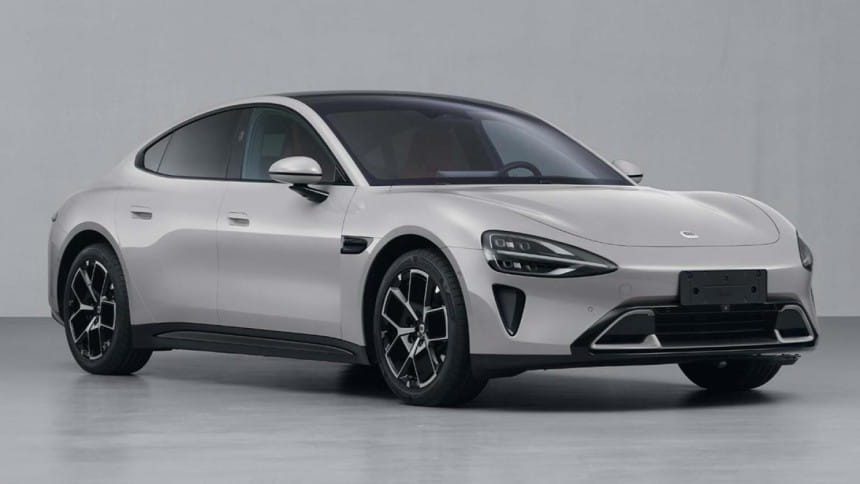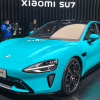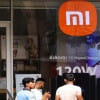The Xiaomi car is real, and BAIC is making it

Xiaomi is making a bold move into the electric vehicle (EV) industry with its Xiaomi SU7 car series. The consumer tech company, diversifying from its traditional product range, has now applied for a sales license in China for this ambitious venture.
The company's regulatory filing with China's Ministry of Industry and Information Technology, unveiled through a Weibo post by user abenzene, provides the first look at the design and specifications of Xiaomi's initial foray into the automotive sector. The announcement has sparked significant interest, with the EV market in China being particularly competitive.
Xiaomi's venture into the automotive industry includes two models: the Xiaomi SU7 and the SU7 Max. Both vehicles are set to be manufactured by the Beijing-based BAIC Group. While sharing similarities, the two models exhibit notable differences, primarily in their battery technology and speed capabilities. The SU7 is reported to reach a top speed of 210kmph, whereas the SU7 Max could go up to 265kmph.
The Xiaomi SU7 series will be manufactured by Beijing Automotive Industry Holding Co (BAIC) and the lineup will include the SU7, SU7 Pro, and SU7 Max variants. The cars will reportedly feature both RWD and AWD powertrain options, with the heaviest variant weighing 2.66 tons and achieving a top speed of 165 mph. The five-seater SU7 is scheduled to commence deliveries in February.
The BAIC ORV's filing indicates two versions of the new Xiaomi-branded models: the SU7 equipped with BYD's lithium iron phosphate batteries, and the SU7 Max featuring CATL's nickel- and cobalt-based lithium batteries. Both models will prominently display the 'MI' logo at the front and bear the 'Xiaomi name on the rear, as shown in images published on the MIIT's website.

 For all latest news, follow The Daily Star's Google News channel.
For all latest news, follow The Daily Star's Google News channel. 








Comments